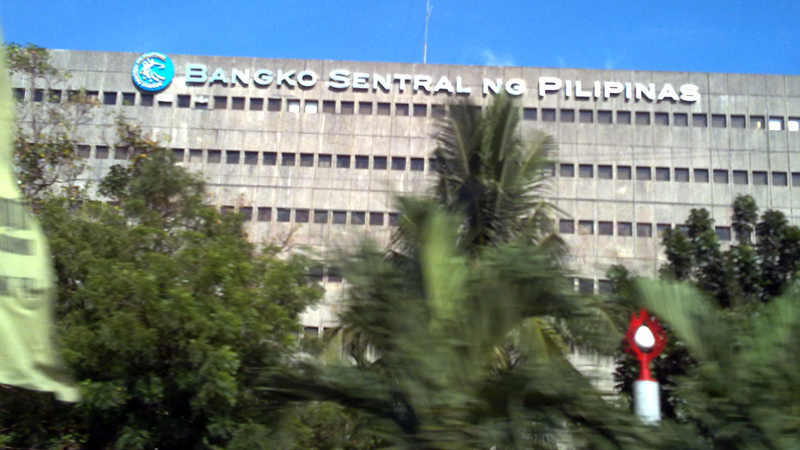The Bangko Sentral ng Pilipinas (BSP) has initiated an investigation into the alleged trading anomalies at the Development Bank of the Philippines that resulted in a loss of P717 million for the state-owned bank after it was cited by auditors for questionable market practices.
This developed as the Inquirer learned that whistleblowers from within DBP had informed banking and corporate regulators of the “flagrant violations” of the Securities Regulation Code (SRC) as early as February this year.
“The investigation is ongoing and the responses we received [from DBP] are being evaluated,” BSP Governor Amando Tetangco Jr. told the Inquirer.
The transactions of DBP’s treasury department have been called “wash sales” because no real change in ownership occurred when it sold P14.3 billion worth of government securities to First Metro Investment Corp., the investment banking unit of the Metrobank group, and bought back these very same securities on the same day and at the same price at which they were sold.
The bank said that these transactions—performed in a series of 28 trades from early January to March 2014—were made to transfer the securities from its short-term trading portfolio to its book for long-term holdings. Banking regulations prohibit banks from shifting securities back and forth between these books because this has the effect of either hiding losses or artificially bloating gains.
The SRC prohibits “manipulative” market practices, saying it “shall be unlawful for any person to make a bid or offer, or deal in securities, with the intention, or if that bid, offer or dealing has the effect, or is likely to have the effect, of creating a false or misleading appearance of active trading in any security or with respect to the market for, or the price of, any security.”
The SRC further stated, as an example of prohibited conduct, the following: “Engaging in transactions in which there is no genuine change in actual ownership of a security (wash sales) taking into consideration internal control systems adopted by the firm to prevent manipulative practices.”
In the case of DBP, documents obtained by the Inquirer showed that the bank’s treasury officials outlined the proposed transactions to its risk oversight committee, composed of board members and senior officials, which then approved the move to sell the money-losing securities and buy them back under a separate portfolio.
The Inquirer learned that whistle-blowers from within the bank wrote Securities and Exchange Commission Chair Teresita Herbosa in Feb. 20, 2015, informing her of the alleged anomalies at the bank, including the hiring and appointment by management of allegedly unqualified personnel to sensitive senior positions.
To date, the SEC—despite acknowledging receipt of the complaint—has yet to reveal the actions it has taken on the issue raised by bank insiders.
DBP insiders have also raised the same complaints with the BSP’s policymaking Monetary Board and Finance Secretary Cesar Purisima, but they have yet to receive a formal reply.
Government regulations require officials to reply to formal correspondence sent to them by citizens, complainants or whistle-blowers within 15 days.
